Search
Remove Ads
Advertisement
Summary 
Loading AI-generated summary based on World History Encyclopedia articles ...
Search Results
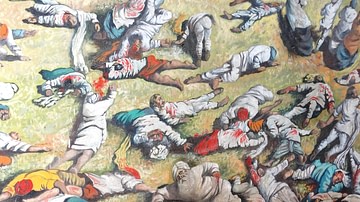
Definition
Jallianwala Bagh Massacre - The British Atrocity at Amritsar
The 13 April 1919 Jallianwala Bagh Massacre (aka Amritsar Massacre) was an infamous episode of brutality which saw General Dyer order his troops to open fire on an unarmed crowd of men, women, and children trapped in an abandoned walled garden...
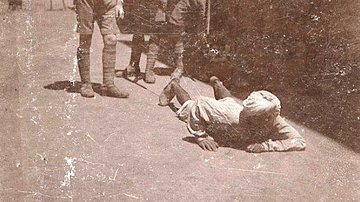
Image
Punishment of Humiliation, Amritsar, 1919
A photograph showing one of the punishments of humiliation ordered by General Dyer following the Jallianwala Bagh Massacre of April 1919. Dyer insisted that all Indian men crawl along a certain street where a female British doctor had been...
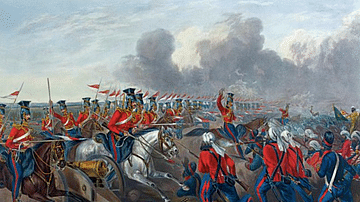
Definition
First Anglo-Sikh War
The First Anglo-Sikh War (1845-6) was a short and bloody conflict won by the British East India Company (EIC) against the Sikh Empire. The EIC was keen to expand into northern India, but the Sikh army was a well-trained, well-equipped, and...

Image
Jallianwala Bagh Massacre Mural
A modern mural showing a scene of the Jallianwala Bagh Massacre of 1919 in Amritsar, India. Brigadier-General Reginald Dyer (1864-1927) had infamously ordered his men to shoot upon an unarmed crowd killing hundreds and wounding over 1,500...
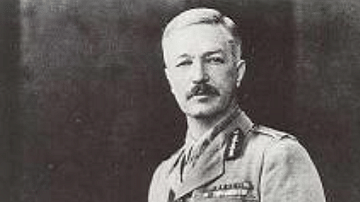
Image
Brigadier-General Reginald Dyer
A photograph of Brigadier-General Reginald Dyer (1864-1927) who infamously ordered his men to shoot upon an unarmed crowd killing hundreds and wounding over 1,500 men women and children in the Jallianwala Bagh Massacre of 1919 in Amritsar...
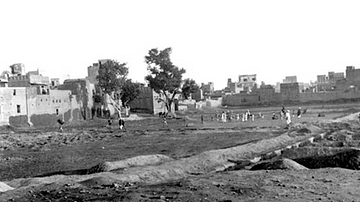
Image
Jallianwala Bagh, 1919
The Jallianwala Bagh, a large walled garden in Amritsar, India, photographed in 1919. The square was the site of the infamous Jallianwala Bagh Massacre of April 1919 when Brigadier-General Dyer ordered his men to shoot upon an unarmed crowd...
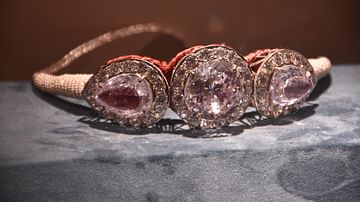
Image
Koh-i-Noor Armlet (Replica)
A replica of the enamelled gold armlet presented to Queen Victoria (r. 1837-1901) in 1850 after its acquisition from the Punjab following the Anglo-Sikh Wars (1845-49). The central stone was the Koh-i-Noor diamond, which the queen had recut...